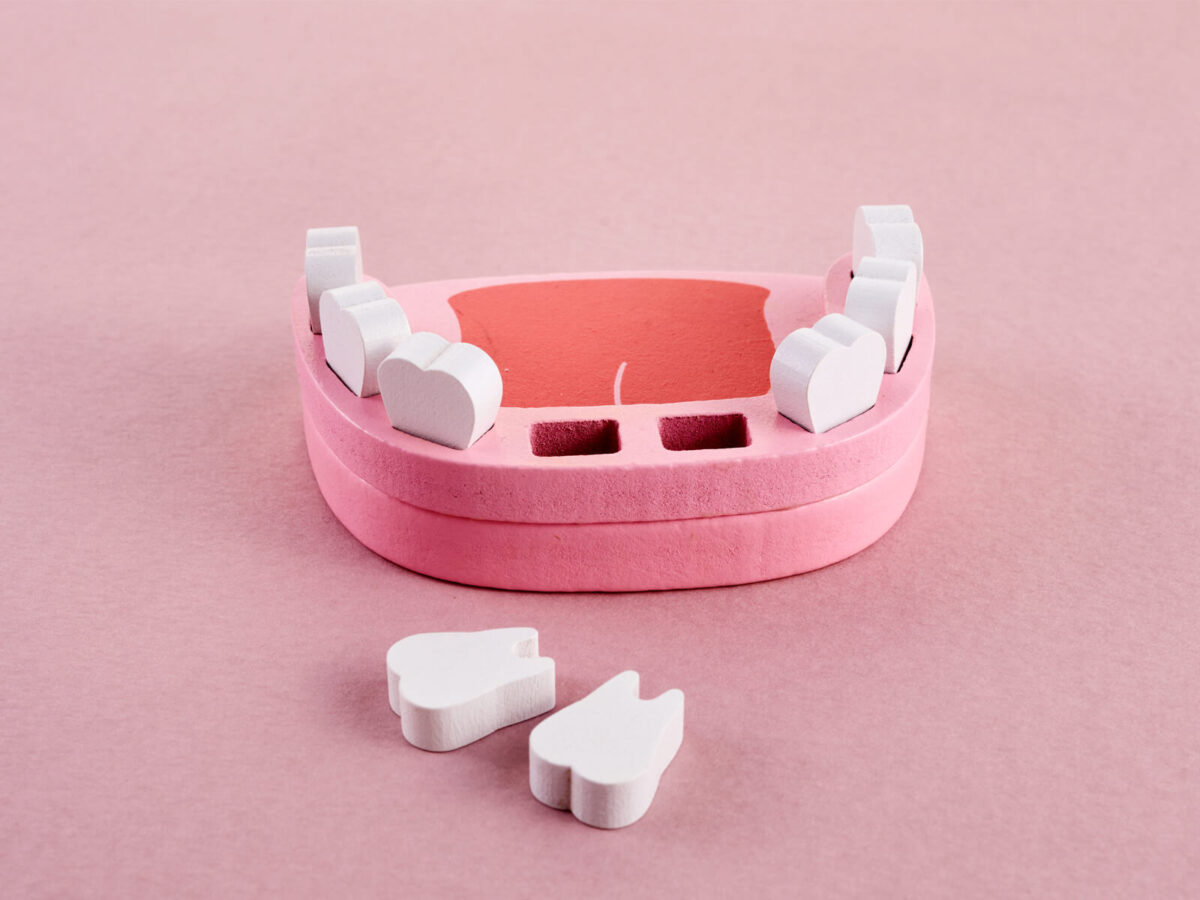Blog
Dental hygiene tips for healthy teeth & gums

What To Do If You Have A Cracked Molar?
Your molars play a crucial role in chewing during meals, and a cracked molar can be a significant concern. In this article, we’ll discuss what to do if you have a cracked molar, the causes of molar cracks, the severity of the issue, associated pain, and potential treatments.
How Does Molar Cracking Occur?
Molar cracking is common because these teeth endure significant chewing forces. Cracks can result from chewing on hard objects like ice or candies. Teeth grinding (bruxism) can also contribute to molar fractures. In some cases, you might not immediately notice the crack, but sensitivity or pain when eating or drinking hot or cold items can be a sign.
Assessing the Severity of a Molar Crack
The severity of a molar crack can vary. Early diagnosis and treatment are essential to prevent the condition from worsening. The timing of treatment can influence whether a cracked molar can be saved with a less invasive procedure or if more extensive dental work is required.
Does a Cracked Molar Cause Pain?
A cracked molar typically hurts when you release biting pressure. This means that you may experience discomfort when you release the pressure, even if it doesn’t hurt while you’re biting down. Cracked teeth can also be highly sensitive to specific foods and beverages, causing discomfort or pain in your mouth.
Treatment Options for a Cracked Molar
- Minor Cracks: Sometimes, your dentist may discover minor surface-level cracks, often referred to as “craze lines.” These tiny cracks may not require treatment and can be left as they are.
- Moderate to Severe Cracks: When a molar crack extends beyond the enamel, it can lead to more significant issues. Treatment options may include:
- Filling: If the crack is not too severe, your dentist may recommend filling material to repair the tooth.
- Root Canal: If there is damage to the interior of the tooth or signs of infection, a root canal may be necessary to remove the affected tissue.
- Crown: In cases where a crown is deemed the best solution, your dentist may recommend this to protect and restore the cracked molar.
- Extraction: In the most severe cases where the tooth cannot be saved, extraction may be the only option.
Conclusion
Molars are crucial components of your dental structure, and a cracked molar should not be ignored. If you suspect you have a cracked molar or experience pain or sensitivity, it’s essential to seek professional dental evaluation promptly.
Early diagnosis and treatment can make the difference between a straightforward dental procedure and more extensive dental work. Maintain good oral hygiene, schedule regular dental check-ups, and follow your dentist’s recommendations to ensure the health of your hard-working molars.
